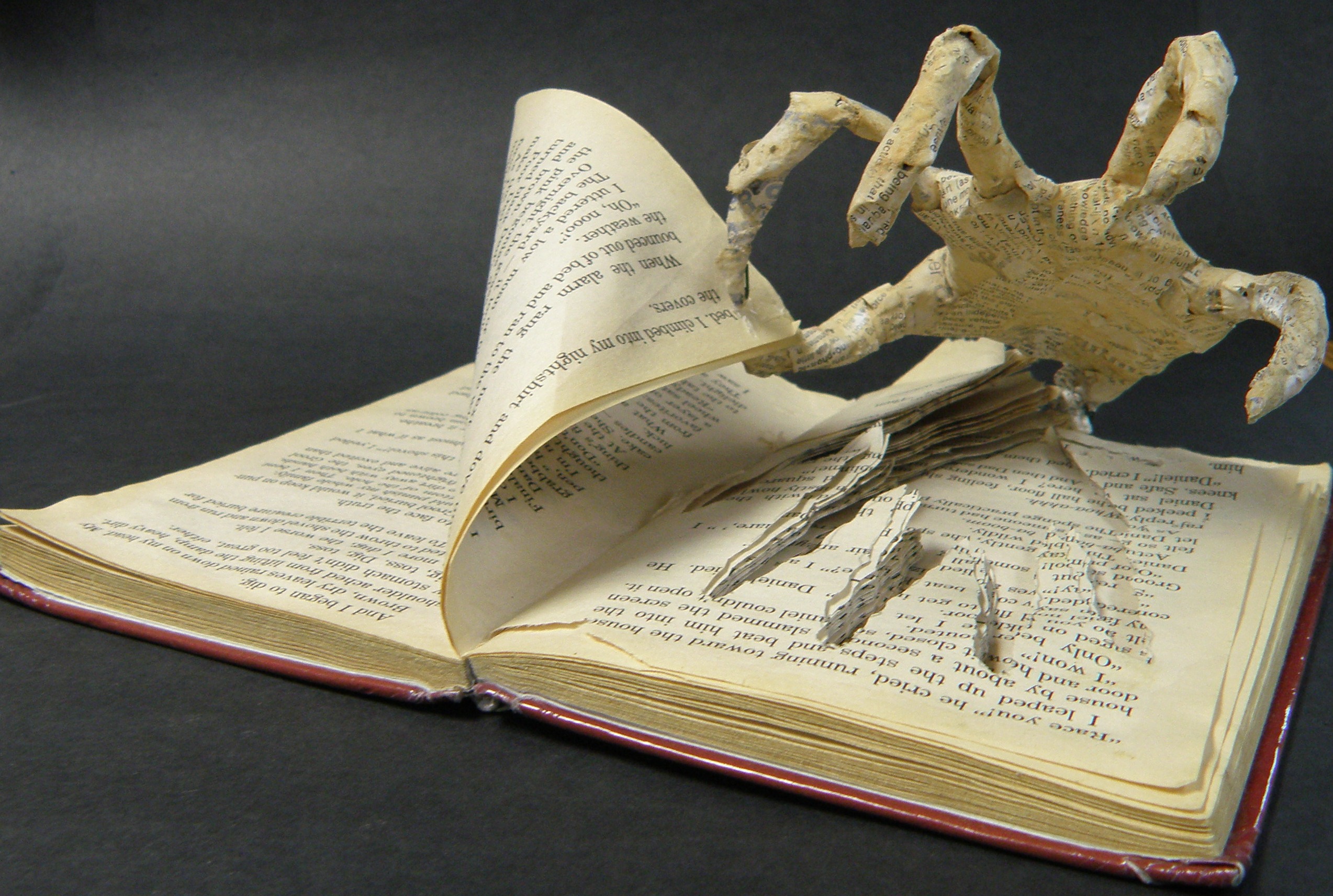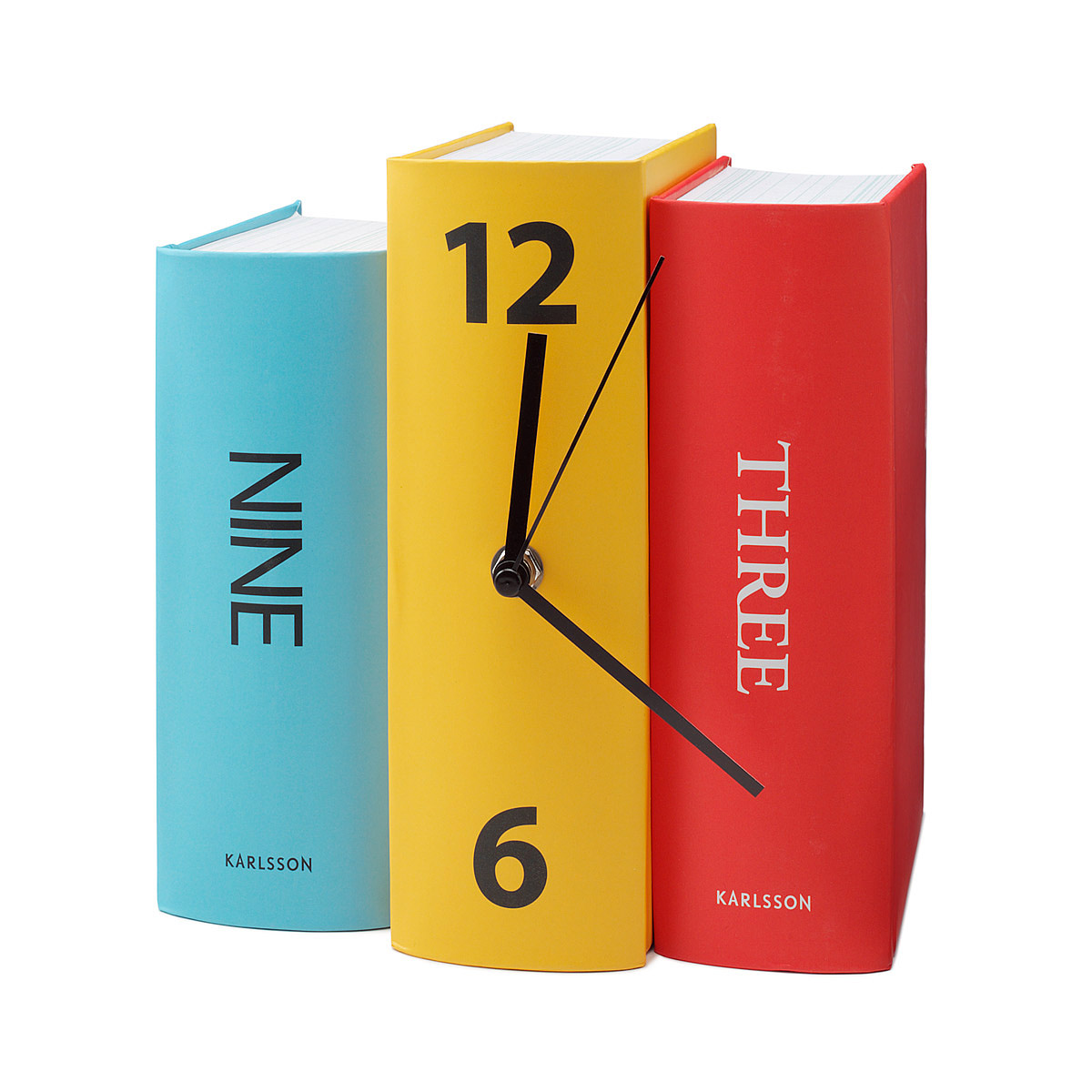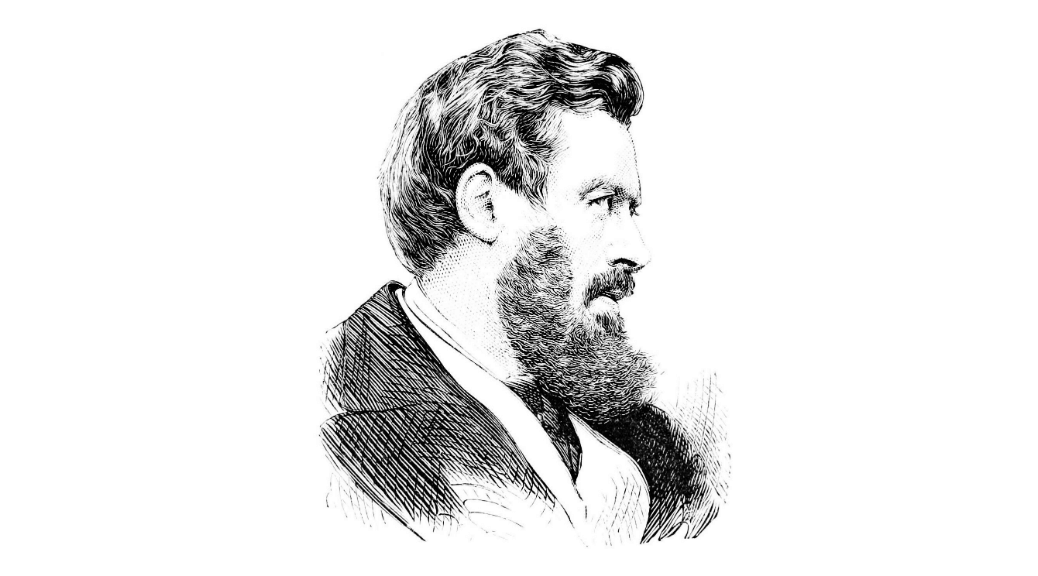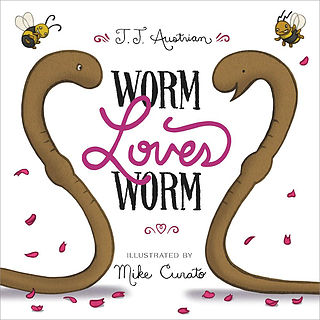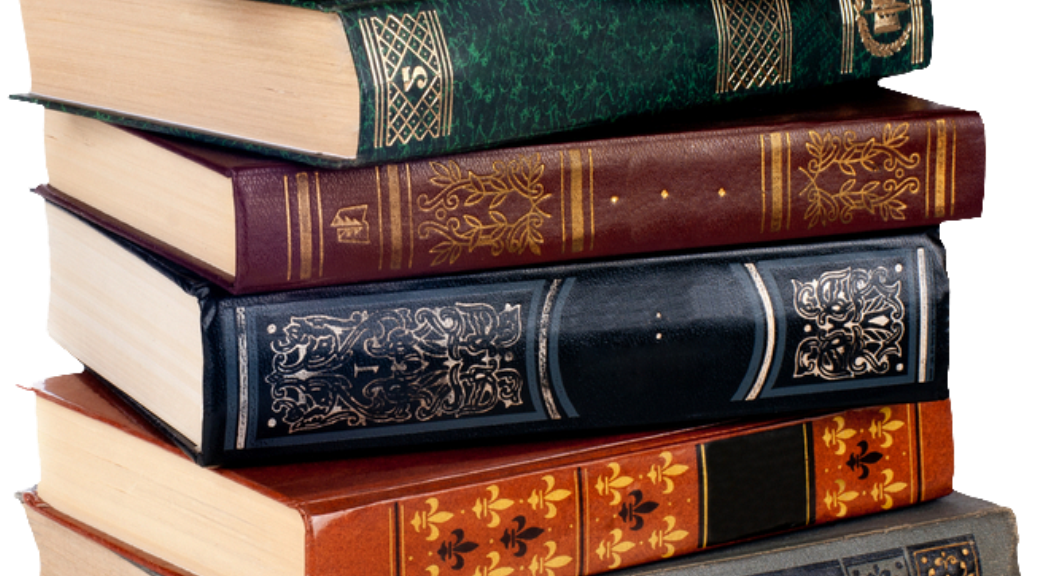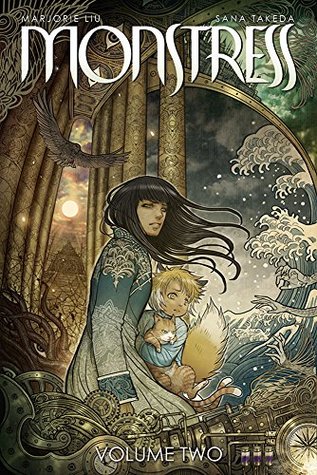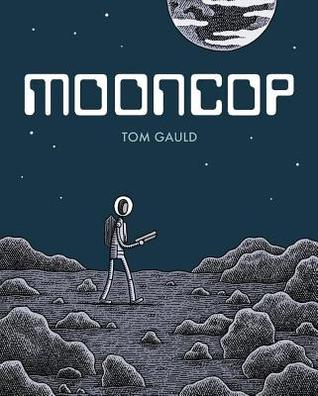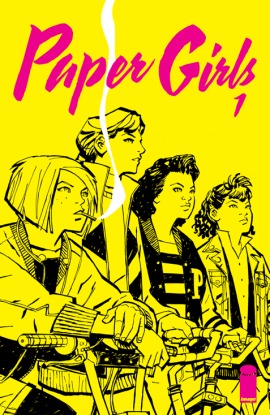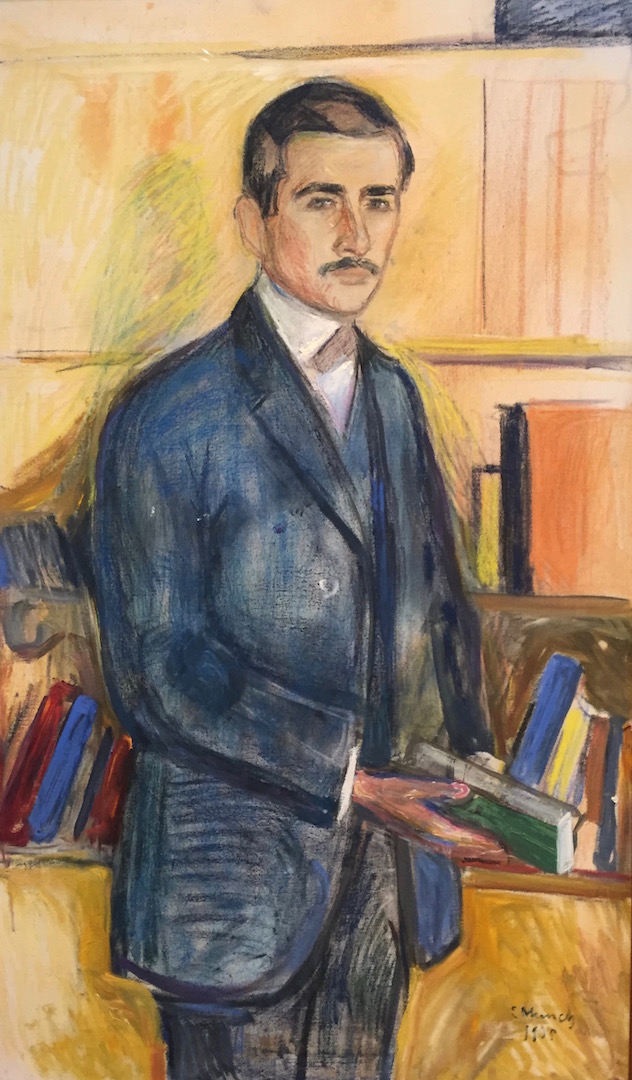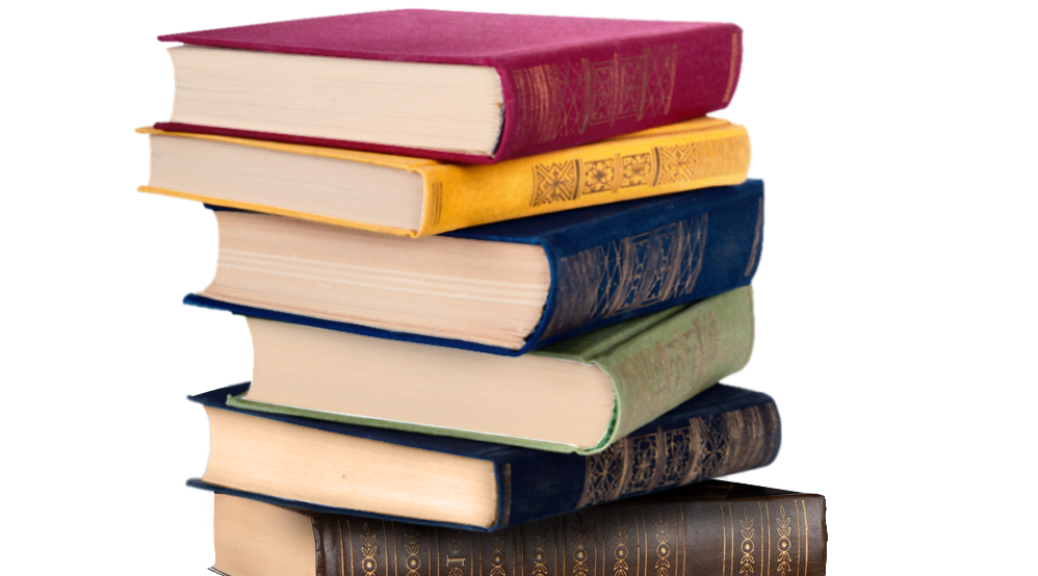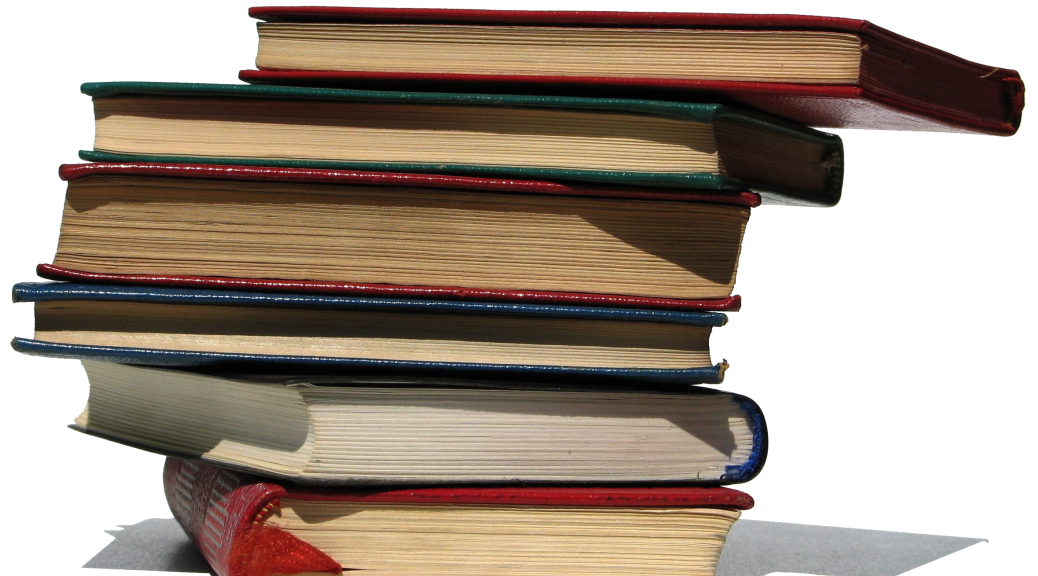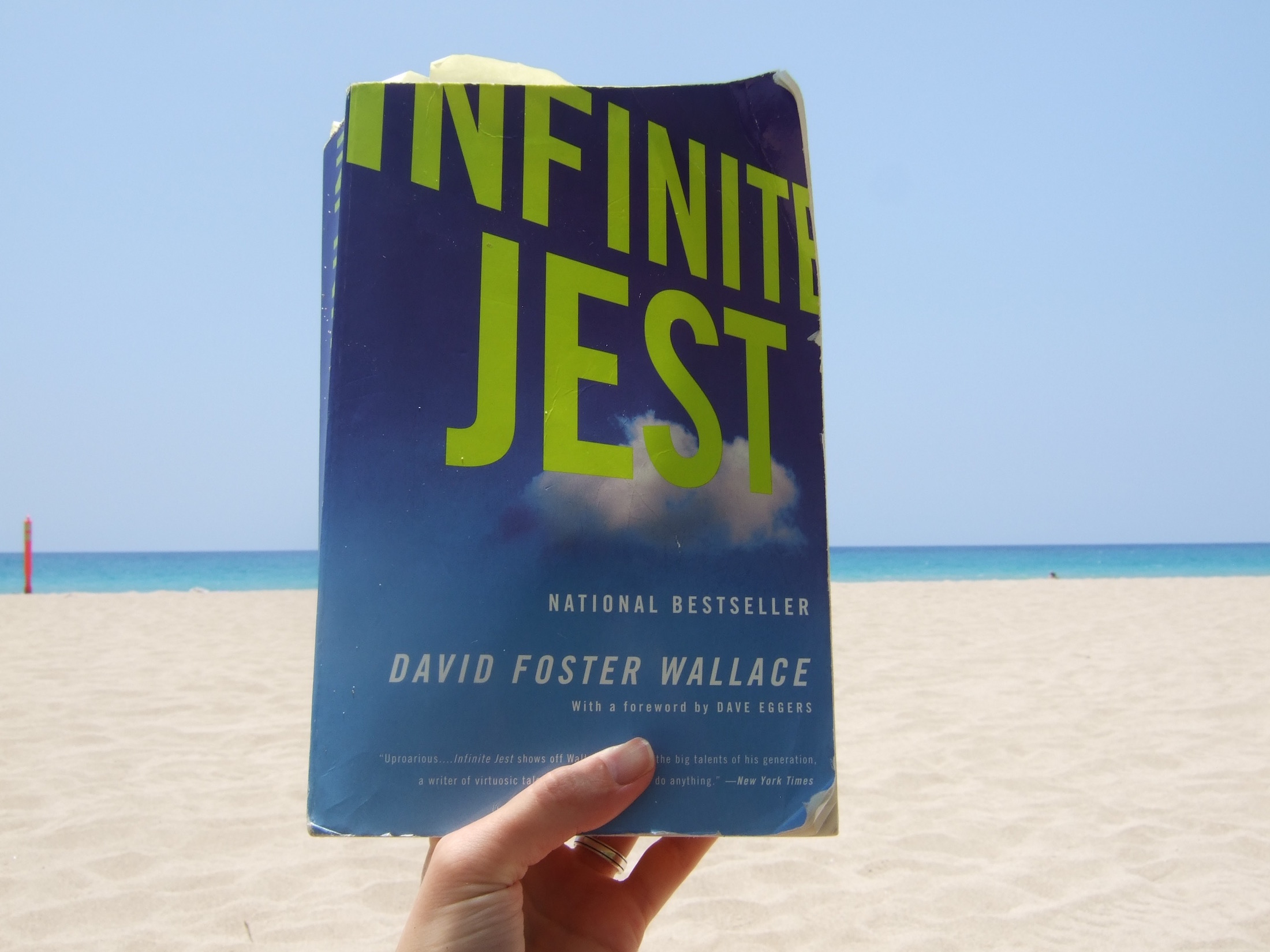Before I get to the somewhat traditional recap of the science fiction and fantasy awards from this year, I wanted to take a moment to recognize a book on the longlist for the National Book Award for Young People's Literature. I was furnished a copy of this by the editor (someone we probably all would recognize if she didn't go around in a trench coat and sunglasses all the time). It's a really affecting story and a gorgeous book (as much as any book about the nuclear bombing of Nagasaki can be gorgeous). If you don't believe me, you can read the review in the New York Times.
This year, all the sci-fi and fantasy awards actually got handed out, so there was improvement from last year. Some of my favorites, and lots of links, below.
SHORT STORY WINNERS:
Nebula and World Fantasy Winner - Hungry Daughters of Starving Mothers - by Alyssa Wong - (link)
Just read it. The title kind of sums it up. This was a really good and deserving winner.
Hugo and Locus Winner - Cat Pictures Please by Naomi Kritzer - (link)
Finally, an explanation for the internet's fascination with the feline.
SHORT STORY NOMINEES:
The Dowager of Bees - by China Mieville - I have Mieville's story collection (Three Moments of an Explosion) sitting on my bedside table, and I'm very excited to get into it. The title story and this one are both really really good. This one involves the presence of secret cards that can appear in any regular deck.
The Game of Smash and Recovery - by Kelly Link - Link is such a master of revealing just one more thing as you get further and further into the story.
Madeleine - by Amal El-Mohtar - The narrator remembers being someone else. And it keeps happening more and more often.
The Three Resurrections of Jessica Churchill - by Kelly Robson - Tiny aliens trying to keep their host alive.
NOVELLETE WINNERS:
Hugo Winner – Folding Beijing by Hao Jingfang – (link)
A very cool idea, Beijing is three cities, each only active while the other two sleep, and travelling between them has dangers.
Nebula Winner – And You Shall Know Her By the Trail of Dead by Brooke Bolander – (link)
A kind of tech crime/virtual reality/love story? I don't know the best way to describe it except that it moves fast and is a lot of fun. Definitely worth checking out.
Locus Winner – Black Dog by Neil Gaiman –
Can I tell you a secret? I don’t like Neil Gaiman’s novels. On the other hand, I have consistently enjoyed his short fiction. “Black Dog” is a good ghost story where a traveler stumbles upon a town with more to it than meets the eye.
NOVELLETTE NOMINEES:
Our Lady of the Open Road - by Sarah Pinsker - A band on the road in a slightly more post-apocalyptic world than our own.
Another Word for World - by Ann Leckie - A recently anointed ruler is shipwrecked on an unfriendly planet. (scroll to the end of the linked post for a download link)
NOVELLA WINNERS:
Hugo & Nebula Novella – Binti by Nnedi Okorafor –
Standalone book. Very good. The main character is the first of her family/community to attend a university on another planet. The trip there is hijacked by an alien menace. An exploration of what is alien.
World Fantasy Novella – The Unlicensed Magician by Kelly Barnhill –
Standalone book. A 1984-like state has been rounding up magic children. Written in a very particular style (an affected, self-aware childlike tone) that made the world interesting, this still told an engrossing story.
Locus Novella – Slow Bullets by Alistair Reynolds –
Standalone book. A generational starship of war criminals, soldiers and settlers from the recently concluded space war begins to wake up. Reynolds is a pretty good sci-fi author, and he delivers some pretty good sci-fi here.
NOVELLA NOMINEES:
Penric’s Demon – by Lois McMaster Bujold – A country boy is unwittingly tapped as a vessel for a demon and the magic that comes with that. This might have been my favorite of the novella nominees. The audiobook is a brisk 4 hours and it tells a good story. Bujold has published two more in the series this year, which I keep meaning to check out.
The Pauper Prince and the Eucalyptus Jinn – by Usman Malik – A story of multiple cultures and generations.
The Citadel of Weeping Pearls – by Aliette de Bodard – A space station disappeared years ago, and now it seems it might be possible to find it, visit it, or maybe bring it back. I'm just going to keep recommending de Bodard's short fiction every time I write one of these. This is in Asimov's SF magazine, whose stories sometimes appear and disappear online if you search them. I couldn't find it right now, but keep an eye out.
Guignol – by Kim Newman – Horror story revolving around a theater of the grotesque in Paris. This was terribly gory, but still did a great job of creating suspense and payoff.
The New Mother – Eugene Fisher – Genetic mutation and what it means to be human and to tolerate those on the other side of that line.
Honestly, this year there wasn't one story that I was over-the-moon excited about, which is kind of rare. Hungry Daughters and Folding Beijing were both really good, but I don't know that either rises to that level where I will remember them when I write a recap like this next year.
As far as novels go, I'm still working my way through the nominees there a little bit, but N. K. Jemisen's The Fifth Season is probably my current favorite.
Uprooted by Naomi Novik was also really good. A good old magic story.
I'm currently reading The Water Knife by Paolo Bacigalupi and I'm not too impressed. It's like a re-setting of The Wind-up Girl. Which I don't mean as a compliment.
The thing I'm most excited to read from the nominee lists is K. J. Parker's Savages. I really liked some of Parker's novellas (A Small Price to Pay for Birdsong and Let Maps to Others), so I'm looking forward to reading this longer effort.

